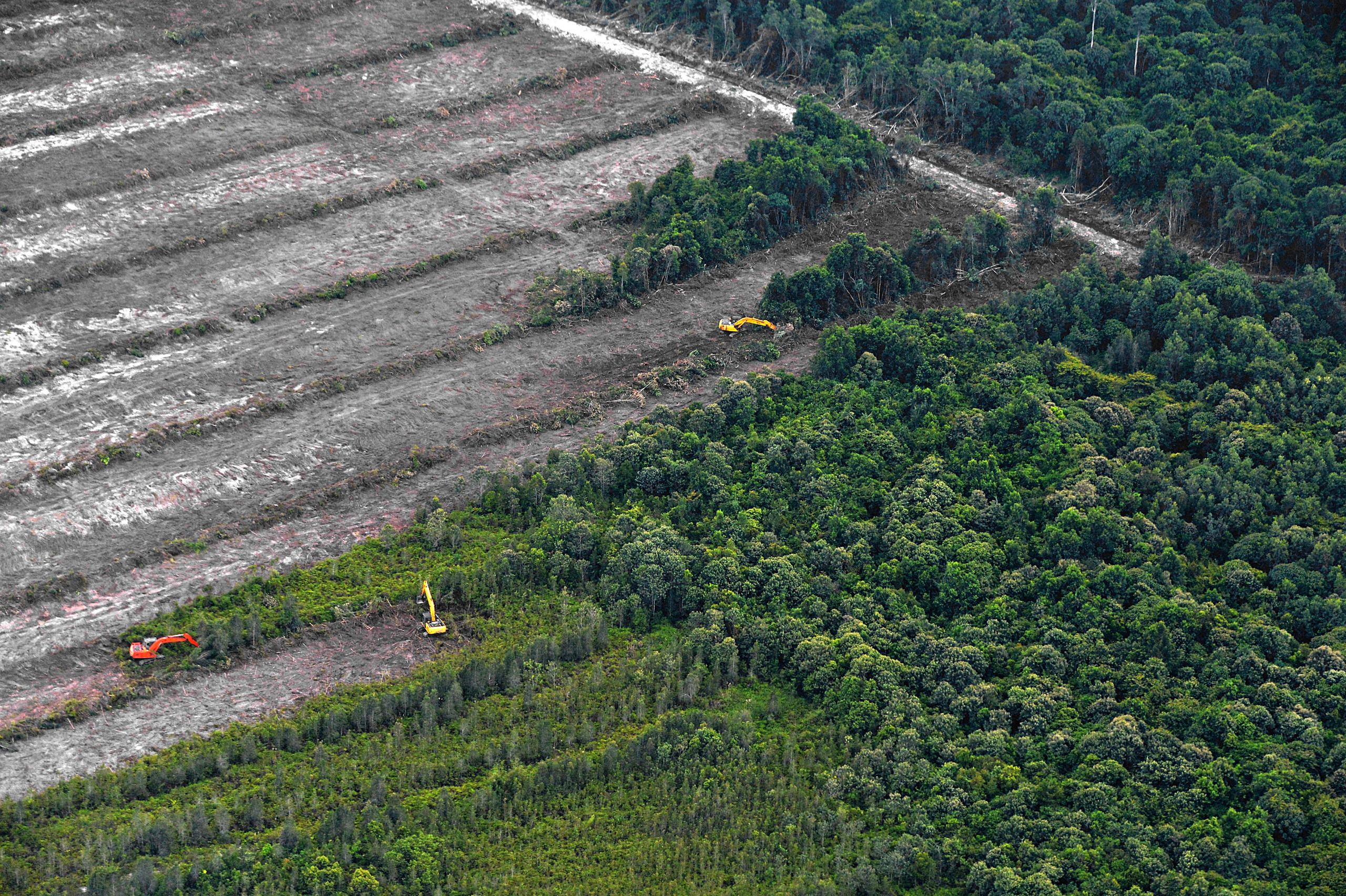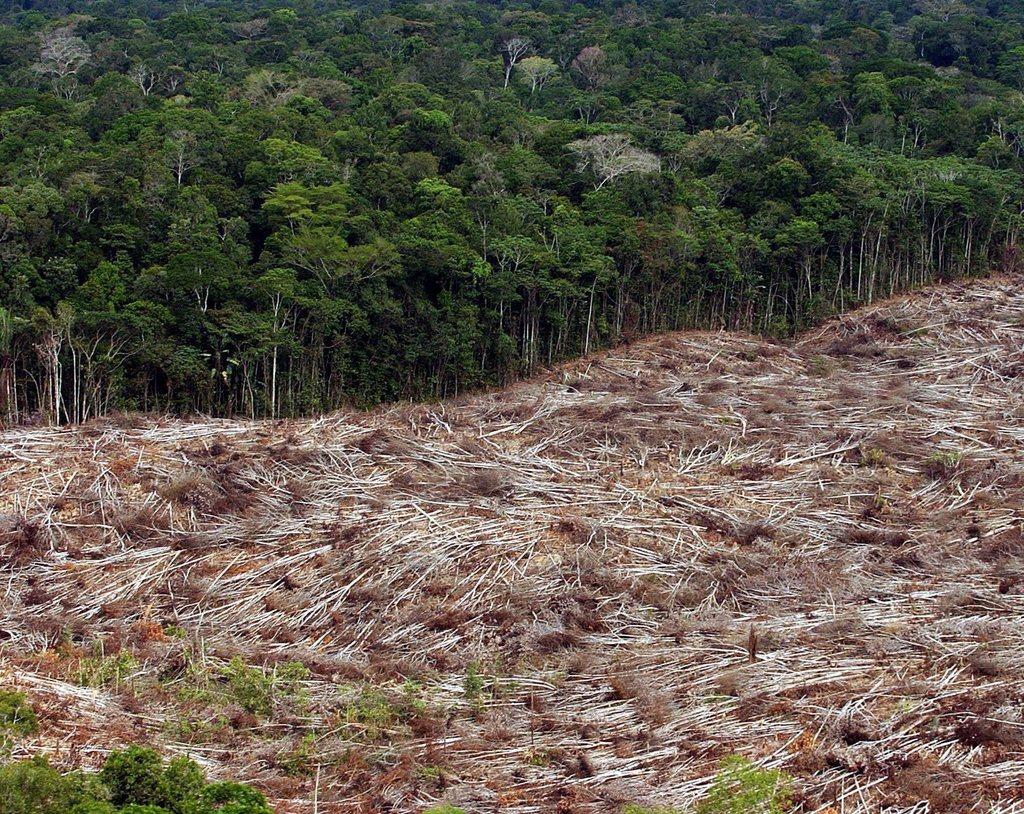Swiss banks criticised for palm oil involvement

Swiss banks, including Credit Suisse, should take a closer look at palm oil companies with which they do business, say two Swiss charities in their latest campaign.
Bread for All and the Swiss Catholic Lenten Fund said Swiss financial institutions were among those approached by palm oil businesses looking for capital for new plantations. However, setting up these new plantations repeatedly involves violating human rights and environmental standards, the NGOs said on Tuesday.
Environmental campaigners in Switzerland and other countries have focused attention on the palm oil buying practices of companies around the world to gauge their commitment to buying and using sustainably produced palm oil.
Palm oil comes from palm trees that only grow in the tropics, and it is used in a wide range of products, including margarine, baked goods, chocolate, soap and lipstick.
Environmentalists object not so much to the palm oil itself, but how and where it is produced – more specifically, the practices of clearing tropical forests to make way for palm oil plantations. That leaves wildlife homeless and adds to the heat-trapping greenhouse gases that are raising the planet’s temperatures.
Financial backing
In a joint statementExternal link, the NGOs highlighted plantations that had not received approval from local populations or which destroyed marshlands.
In order to avoid financing such projects, Swiss banks adhere to international regulations, UN specifications and internal guidelines, but research by Indonesian NGO WalhiExternal link has shown that legal violations occurred at plantations funded by Swiss banks.
Two plantation firms named by the charities were Bumitama and IOI Corporation. “For both companies, Swiss banks placed shares and bonds, guaranteed credit or participated financially,” according to the statement.
The NGOs added that Swiss financial institutions did business worth billions of francs in the palm oil industry. One of the leading players is Credit Suisse, they said, which between 2009 and 2016 provided financial services worth $901 million (CHF910 million). A spokesperson for Credit Suisse, Jean-Paul Darbellay, could not confirm that figure.
Darbellay also told swissinfo.ch that Bread for All’s study on palm oil practices examined the period from 2009 to 2016 during which time the industry standards evolved according to the terms of the Roundtable on Sustainable Palm Oil (RSPO).
“Respect for human rights and sustainability standards, such as the RSPO, are an integral part of our guidelines,” he said.
Other Swiss banks involved in the palm oil sector include Zürcher Kantonalbank with about $150 million worth in business with palm oil plantations and UBS with $100 million, according to Bread for All report.
Bread for All and the Swiss Catholic Lenten Fund based their information on a survey by Dutch researchers ProfundoExternal link, which looked at the links between Swiss banks and 20 leading palm oil companies between 2009 and 2016.
Credit Suisse also said on Tuesday it did not do any business with palm oil companies that were not members of the Roundtable on Sustainable Palm OilExternal link and that could not provide a corresponding certificate.

In compliance with the JTI standards
More: SWI swissinfo.ch certified by the Journalism Trust Initiative












You can find an overview of ongoing debates with our journalists here . Please join us!
If you want to start a conversation about a topic raised in this article or want to report factual errors, email us at english@swissinfo.ch.